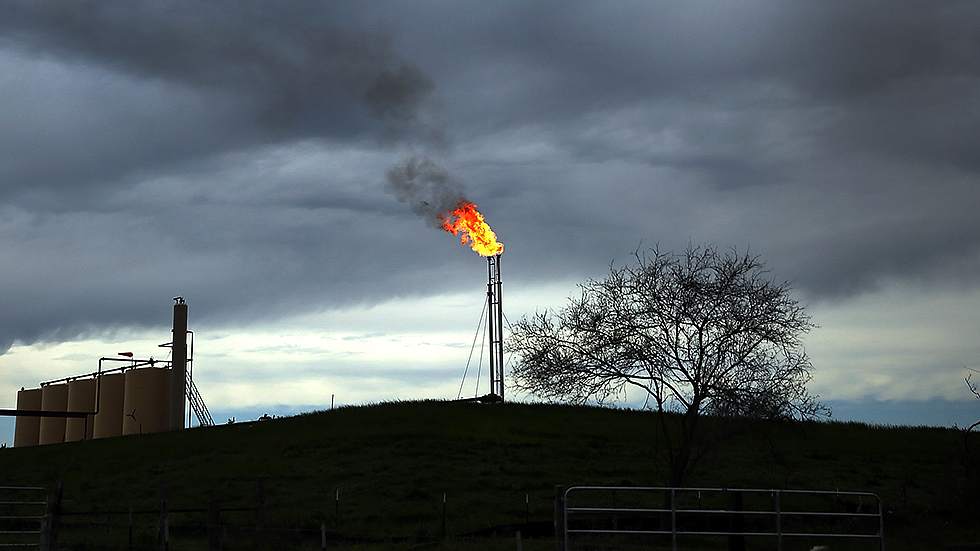Bridge Fuel

- 02 Apr 2024
Why is it in the News?
Natural gas has been called a ‘bridge fuel’ for countries looking to transition away from coal and oil dependency, and as they pursue a pathway towards renewables and electrification.
What is Bridge Fuel?
- Bridge fuel is a widely recognized term for fuels that aim to meet society's energy needs while minimizing environmental impacts during the transition to a clean, renewable energy economy.
- The primary objective of bridge fuels is to replace current fossil-fuel-dependent energy sources and pave the way for a greenhouse gas emission-free future.
- Natural gas is often considered a bridge fuel due to its lower greenhouse gas emissions during combustion compared to other fossil fuels.
- However, an ideal bridge fuel should also contribute to national energy independence and reduce pollution-related costs.
- Bridge fuels play a crucial role in balancing current energy demands with the long-term goal of achieving a sustainable, renewable energy landscape.
What is Natural Gas and How is it Formed?
- Natural gas, a non-renewable fossil fuel, is a mixture of hydrocarbon-rich gases.
- This colorless, odorless gas consists primarily of methane (70-90%), with smaller amounts of ethane and propane.
- Possible impurities include carbon dioxide, hydrogen sulfide, and nitrogen.
- Natural gas formation dates back millions to hundreds of millions of years ago when layers of organic matter (such as plants, animals, and diatoms) accumulated on land and ocean floors.
- Over time, these layers were buried under sediment and rock. Intense pressure and heat transformed this carbon and hydrogen-rich material into coal, oil, and natural gas.
- Today, natural gas reserves are found deep within the Earth's crust, often alongside other hydrocarbon deposits like coal and crude oil.
- The extraction, processing, and utilization of natural gas play a critical role in meeting global energy demands while transitioning towards cleaner, renewable energy sources.
Applications of Natural Gas:
- Natural gas undergoes processing and conversion into cleaner fuels for various applications.
- During processing, several valuable by-products like propane, ethane, butane, carbon dioxide, and nitrogen are extracted for further use.
Key uses of natural gas include:
- Generating electricity and heat, serving as a primary energy source for power plants.
- In compressed form (CNG), it fuels vehicles, providing a cleaner alternative to traditional gasoline or diesel.
- Powering boilers and air conditioning systems for residential, commercial, and industrial purposes.
- Manufacturing fertilizers, particularly ammonia, support the agricultural sector.
- As a cleaner fossil fuel, natural gas has a lower environmental impact than coal, emitting 50% less CO2.
- This makes it a critical component in the global shift towards more sustainable and eco-friendly energy solutions.
